Low voltage electrical wire is an essential component in today’s modern world. From powering our homes to enabling communication and technology, low voltage electrical wire plays a crucial role in our daily lives. With advancements in technology and an increasing demand for energy-efficient solutions, the importance of quality low voltage electrical wire cannot be overstated. One of the key benefits of low voltage electrical wire is its safety. Low voltage systems operate at voltages of 50 volts or less, significantly reducing the risk of electrical shock and fire hazards compared to high voltage systems. This makes low voltage electrical wire an ideal choice for residential and commercial applications where safety is a top priority. In addition to safety, low voltage electrical wire offers versatility and flexibility in terms of installation.
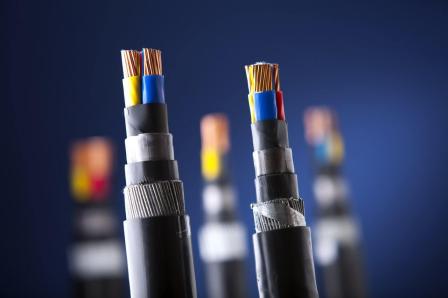
.
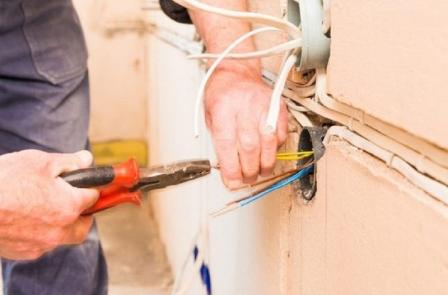 The reduced voltage levels allow for easier handling and installation, making it suitable for a wide range of applications. Whether it’s lighting, security systems, audiovisual equipment, or other low-power devices, low voltage electrical wire provides a reliable solution for powering these systems efficiently. Furthermore, low voltage electrical wire is designed to be energy-efficient, helping to reduce overall energy consumption and lower utility costs. By operating at lower voltages, less energy is wasted as heat, resulting in greater efficiency and sustainability. This is especially important in today’s environmentally conscious world, where energy conservation is a top priority. Another key advantage of low voltage electrical wire is its compatibility with a variety of devices and systems. From smart home automation systems to telecommunications networks, low voltage electrical wire can power a wide range of electronics and technologies. This compatibility makes it a versatile solution for both residential and commercial applications, offering seamless integration with existing systems. When it comes to choosing low voltage electrical wire, quality is paramount. High-quality wire ensures reliable performance, durability, and safety, protecting your investments and ensuring the longevity of your electrical systems. Look for wire that meets industry standards and certifications to ensure that it will perform optimally in your specific application.
The reduced voltage levels allow for easier handling and installation, making it suitable for a wide range of applications. Whether it’s lighting, security systems, audiovisual equipment, or other low-power devices, low voltage electrical wire provides a reliable solution for powering these systems efficiently. Furthermore, low voltage electrical wire is designed to be energy-efficient, helping to reduce overall energy consumption and lower utility costs. By operating at lower voltages, less energy is wasted as heat, resulting in greater efficiency and sustainability. This is especially important in today’s environmentally conscious world, where energy conservation is a top priority. Another key advantage of low voltage electrical wire is its compatibility with a variety of devices and systems. From smart home automation systems to telecommunications networks, low voltage electrical wire can power a wide range of electronics and technologies. This compatibility makes it a versatile solution for both residential and commercial applications, offering seamless integration with existing systems. When it comes to choosing low voltage electrical wire, quality is paramount. High-quality wire ensures reliable performance, durability, and safety, protecting your investments and ensuring the longevity of your electrical systems. Look for wire that meets industry standards and certifications to ensure that it will perform optimally in your specific application.
..
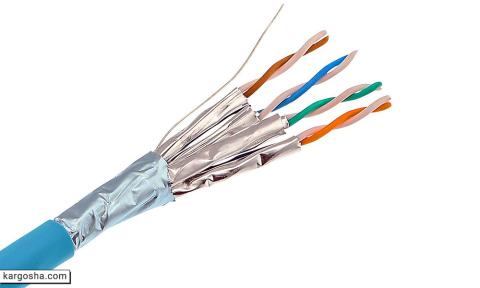 In conclusion, low voltage electrical wire is a crucial component in today’s modern world, providing safety, versatility, energy efficiency, and compatibility for a wide range of applications. By choosing high-quality low voltage electrical wire, you can ensure the reliability and performance of your electrical systems while also contributing to energy conservation and sustainability. Invest in quality low voltage electrical wire today and experience the benefits firsthand. Whether you are a homeowner looking to upgrade your lighting system, a business owner in need of reliable power for security equipment, or a technology enthusiast setting up a smart home automation system, low voltage electrical wire is a fundamental requirement for these applications and more. Understanding the importance of quality low voltage electrical wire and its benefits can help you make informed decisions when selecting the right wire for your specific needs. One of the key considerations when choosing low voltage electrical wire is the wire gauge. The wire gauge refers to the thickness of the wire, with lower gauge numbers indicating thicker wire. Thicker wire has lower resistance, allowing for more efficient power transmission over longer distances. When selecting wire gauge for your project, consider factors such as the distance the wire will need to span, the amount of current it will carry, and the voltage drop tolerance of your system. In addition to wire gauge, insulation is another essential factor to consider when choosing low voltage electrical wire. Insulation protects the wire from external elements, such as moisture, heat, and mechanical damage, ensuring safe and reliable operation. Look for wire with durable and high-quality insulation materials to guarantee long-lasting performance in a variety of environments.
In conclusion, low voltage electrical wire is a crucial component in today’s modern world, providing safety, versatility, energy efficiency, and compatibility for a wide range of applications. By choosing high-quality low voltage electrical wire, you can ensure the reliability and performance of your electrical systems while also contributing to energy conservation and sustainability. Invest in quality low voltage electrical wire today and experience the benefits firsthand. Whether you are a homeowner looking to upgrade your lighting system, a business owner in need of reliable power for security equipment, or a technology enthusiast setting up a smart home automation system, low voltage electrical wire is a fundamental requirement for these applications and more. Understanding the importance of quality low voltage electrical wire and its benefits can help you make informed decisions when selecting the right wire for your specific needs. One of the key considerations when choosing low voltage electrical wire is the wire gauge. The wire gauge refers to the thickness of the wire, with lower gauge numbers indicating thicker wire. Thicker wire has lower resistance, allowing for more efficient power transmission over longer distances. When selecting wire gauge for your project, consider factors such as the distance the wire will need to span, the amount of current it will carry, and the voltage drop tolerance of your system. In addition to wire gauge, insulation is another essential factor to consider when choosing low voltage electrical wire. Insulation protects the wire from external elements, such as moisture, heat, and mechanical damage, ensuring safe and reliable operation. Look for wire with durable and high-quality insulation materials to guarantee long-lasting performance in a variety of environments.
…
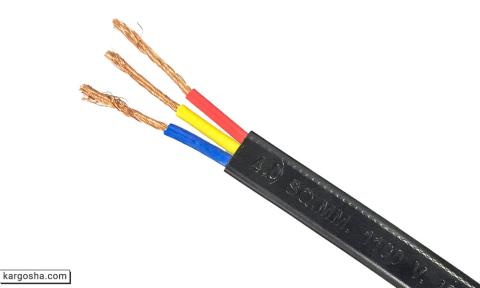 Furthermore, it is crucial to consider the specific requirements of your application when selecting low voltage electrical wire. Whether you are powering outdoor lighting, security cameras, or audio systems, understanding the voltage and current requirements of your devices will help you choose the right wire for optimal performance. Consult with a qualified electrician or engineer to determine the appropriate wire size, insulation type, and other specifications for your project. When installing low voltage electrical wire, proper handling and installation techniques are essential to ensure safety and performance. Always follow manufacturer instructions and industry best practices when handling and routing wire, ensuring that it is securely fastened and protected from damage. Use appropriate tools and equipment to strip, splice, and terminate wire connections, and test the continuity and integrity of the wire before energizing the system. In conclusion, low voltage electrical wire is a critical component in various applications, providing safety, versatility, energy efficiency, and compatibility for a wide range of electrical systems. By understanding the key factors to consider when selecting and installing low voltage electrical wire, you can ensure optimal performance and reliability for your projects. Invest in quality low voltage electrical wire from trusted suppliers and manufacturers, and experience the benefits of safe and efficient power transmission in your home, business, or technology setup.
Furthermore, it is crucial to consider the specific requirements of your application when selecting low voltage electrical wire. Whether you are powering outdoor lighting, security cameras, or audio systems, understanding the voltage and current requirements of your devices will help you choose the right wire for optimal performance. Consult with a qualified electrician or engineer to determine the appropriate wire size, insulation type, and other specifications for your project. When installing low voltage electrical wire, proper handling and installation techniques are essential to ensure safety and performance. Always follow manufacturer instructions and industry best practices when handling and routing wire, ensuring that it is securely fastened and protected from damage. Use appropriate tools and equipment to strip, splice, and terminate wire connections, and test the continuity and integrity of the wire before energizing the system. In conclusion, low voltage electrical wire is a critical component in various applications, providing safety, versatility, energy efficiency, and compatibility for a wide range of electrical systems. By understanding the key factors to consider when selecting and installing low voltage electrical wire, you can ensure optimal performance and reliability for your projects. Invest in quality low voltage electrical wire from trusted suppliers and manufacturers, and experience the benefits of safe and efficient power transmission in your home, business, or technology setup.

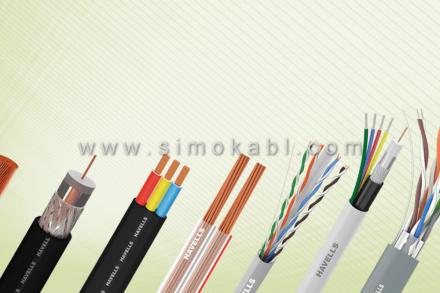
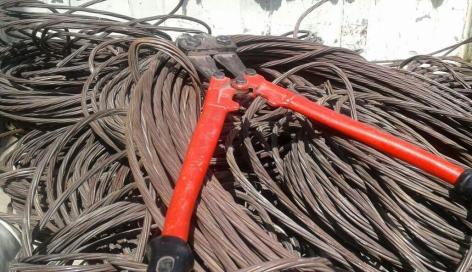
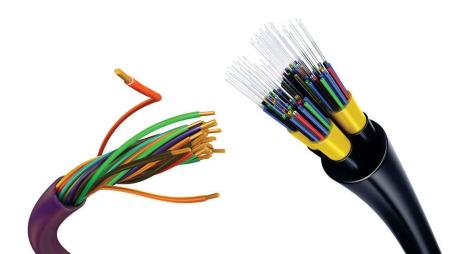
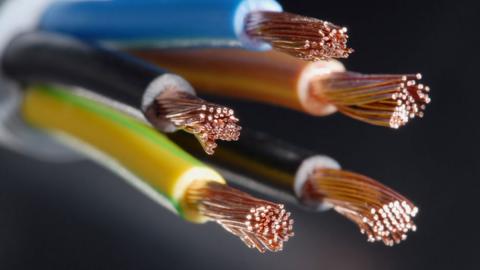
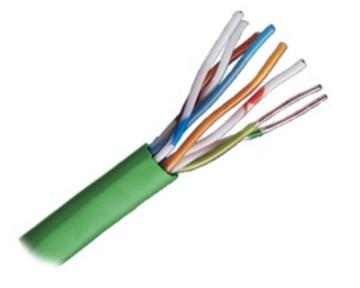
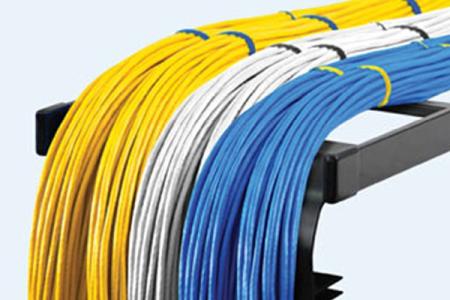
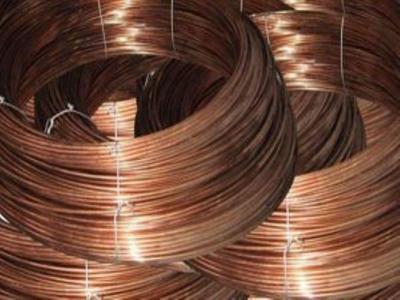
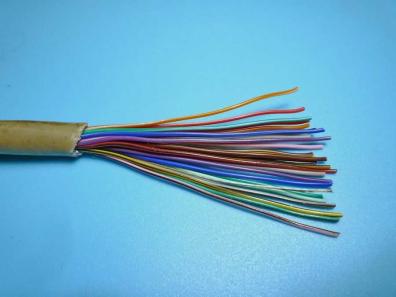
Your comment submitted.